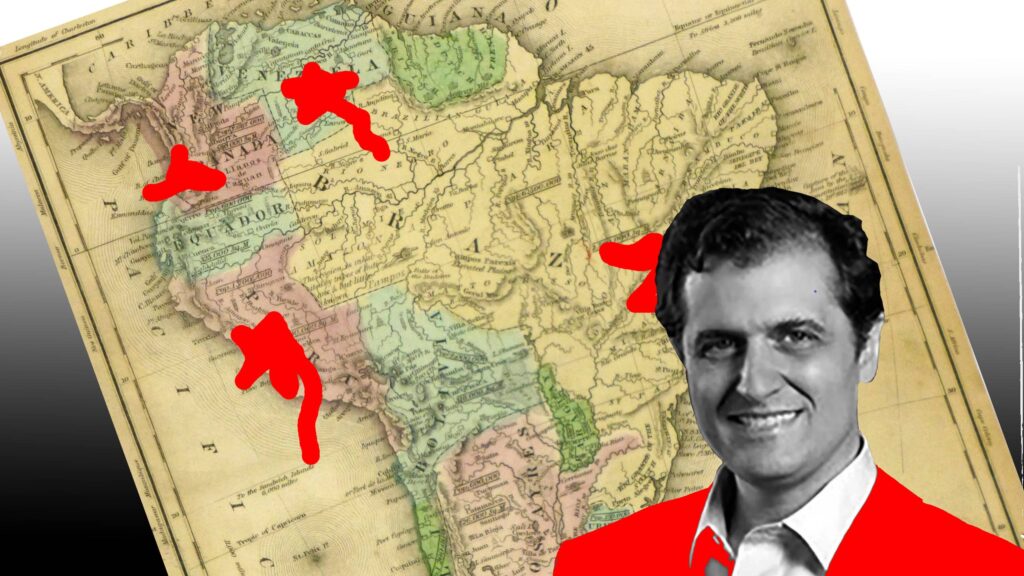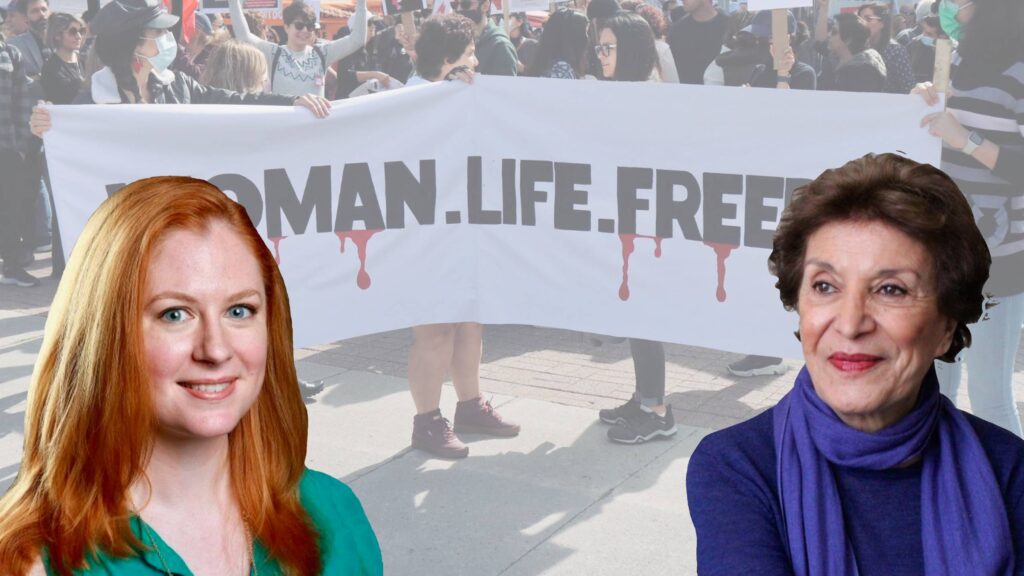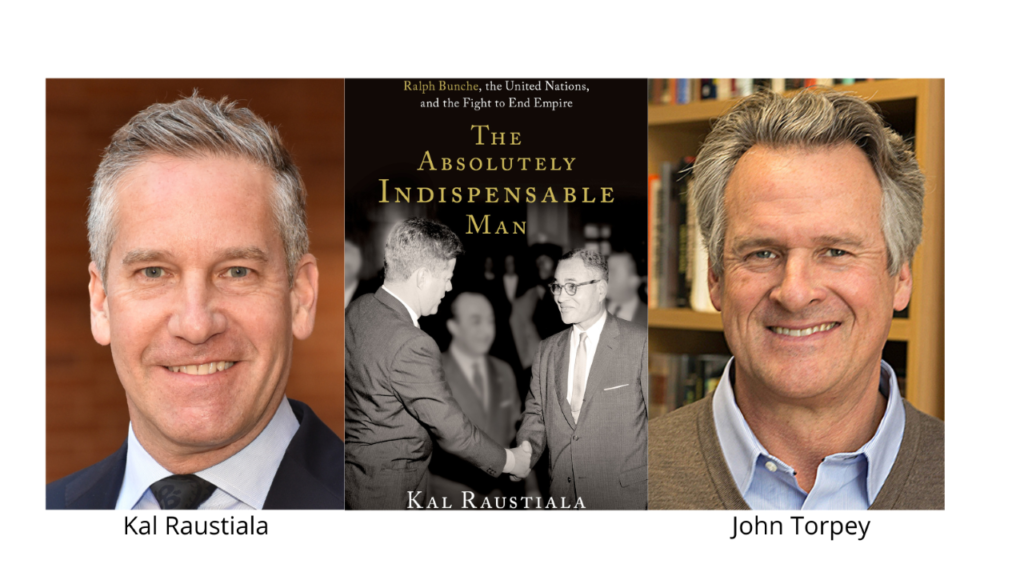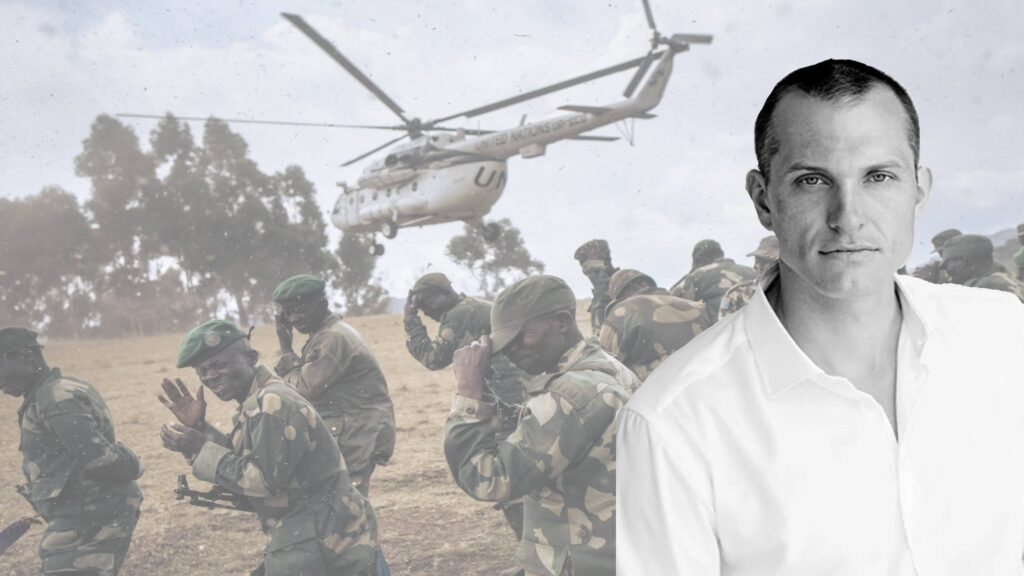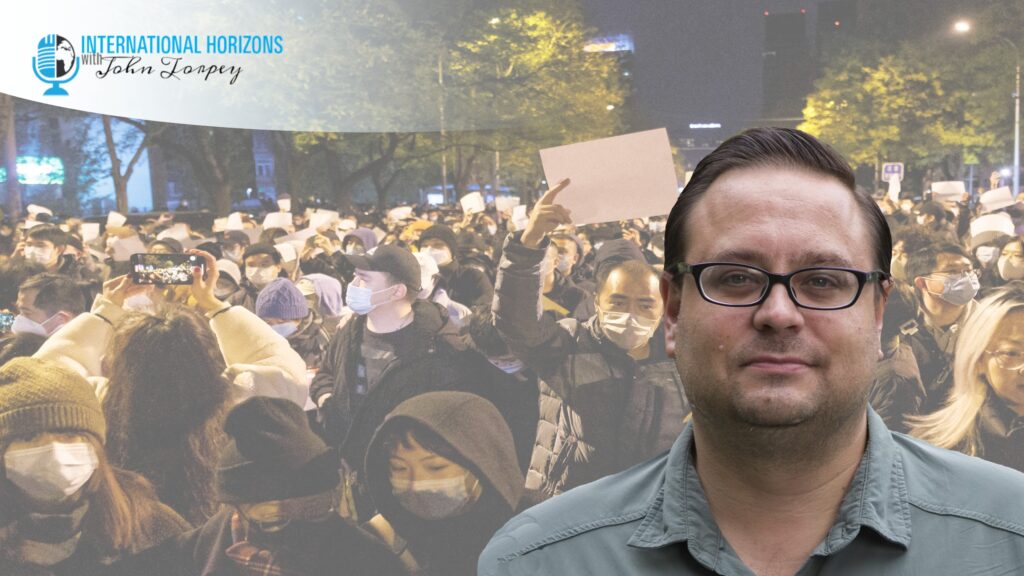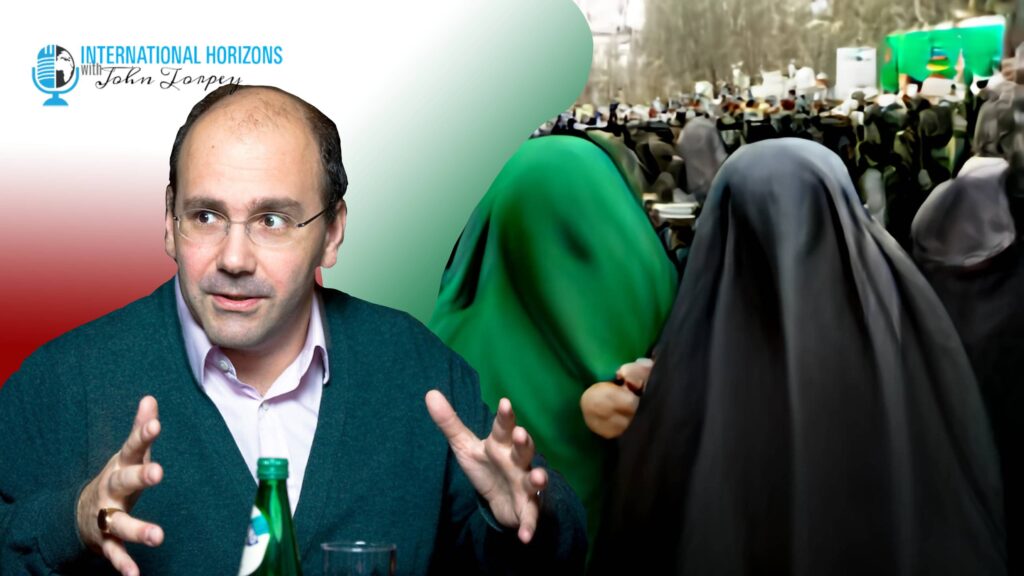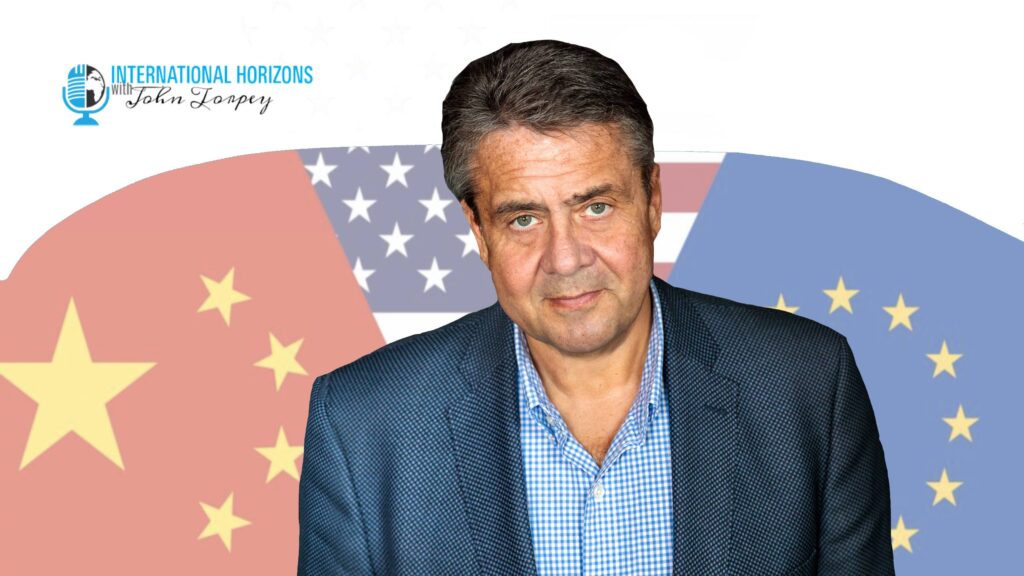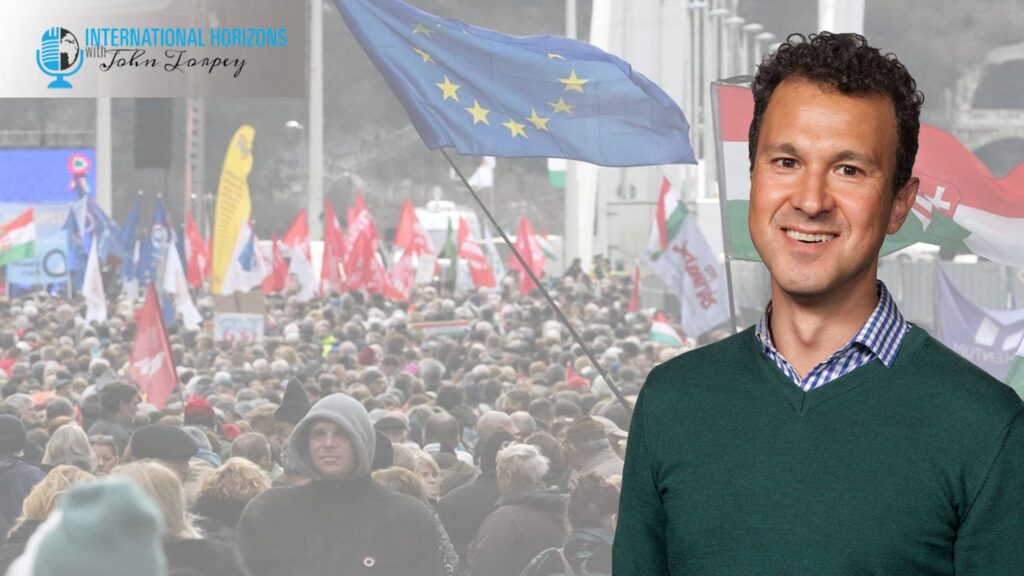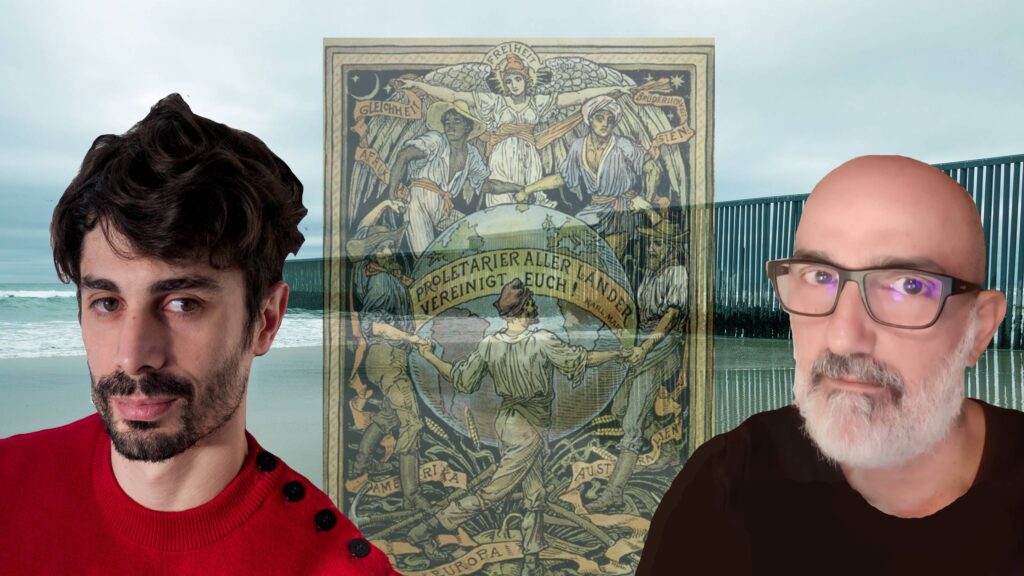This week, RBI director John Torpey interviews Enrique Desmond Arias, a professor of political science at Baruch College and the Graduate Center, about recent developments
The Role of Women in Leading the Change Western sanctions have slowed Iran’s economy, causing protests against the absence of freedom and opportunities — teachers
The pandemic brought to the fore a group of workers deemed “essential” – frontline healthcare workers, restaurant employees, slaughterhouse workers, and the like – who
A legendary diplomat, scholar, and civil rights leader, Ralph Bunche was one of the most prominent Black Americans of the twentieth century. The first
This week on International Horizons, RBI director John Torpey is joined by Jason Stearns, assistant professor of international studies at Simon Fraser University, who discusses
Nationwide protests against Covid-related restrictions broke out recently in China following years of a “Zero-Covid” policy imposed by the Chinese Communist Party. The demonstrations, widespread
In mid-September of this year, a young Iranian woman named Mahsa Amini died under suspicious circumstances after her arrest by the morality police for improperly
The transatlantic relationship, arguably the bedrock of the world’s post-World War II international security architecture, came under significant threat during Donald Trump’s tenure in office,
The world’s wealthier countries have in recent years faced challenges from right-wing populist parties and movements that may rejuvenate origins from relatively far in the
The political Left has long faced tension regarding its universalistic commitments and those to the nation it inhabits. The dilemma is captured succinctly in the

